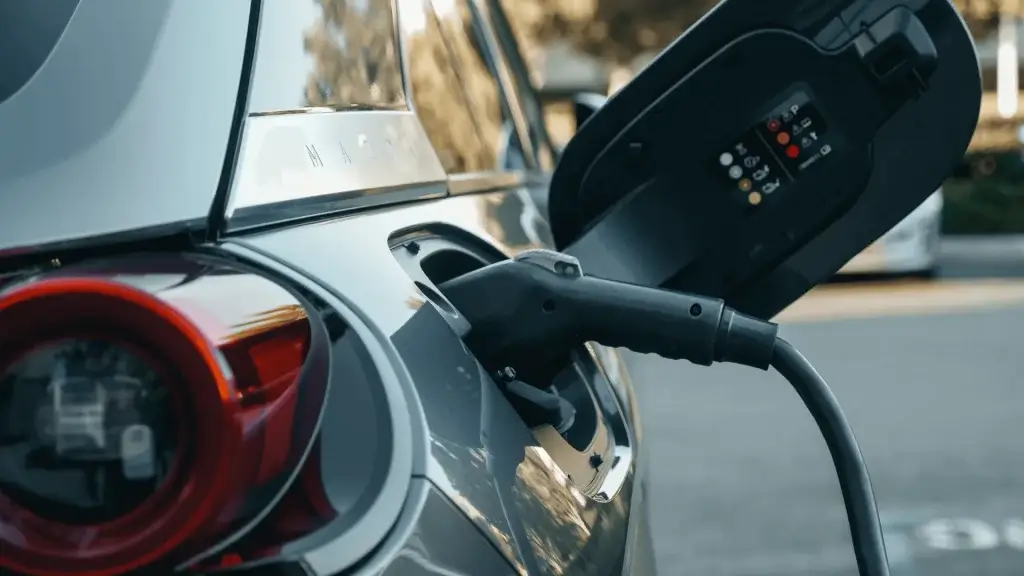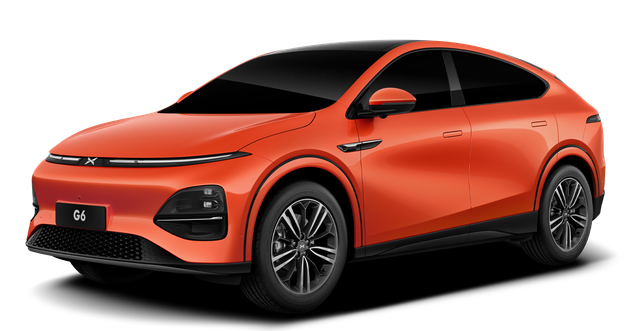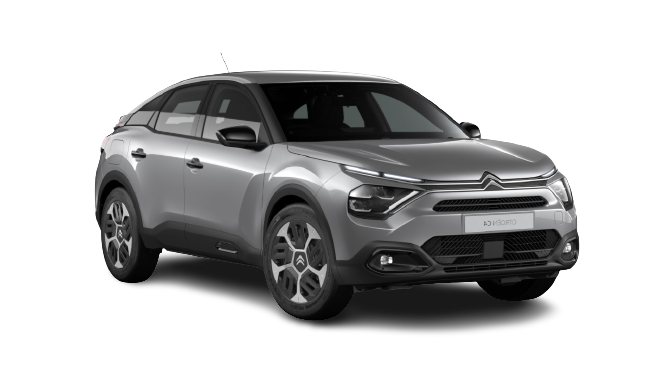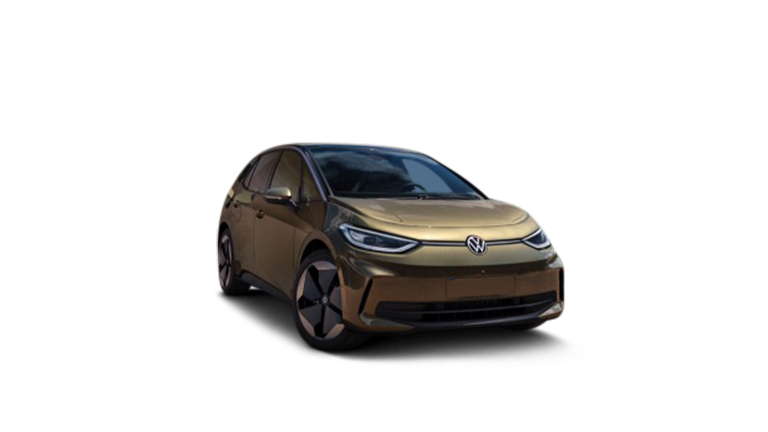What is this device?
The scheme was announced during the presidential election campaign. Anne Hidalgo, the Socialist candidate, had initially proposed it with the idea of partnering with rental companies and car manufacturers. Subsequently, Emmanuel Macron took up the baton during his first presidential campaign on March 17, 2022.
What measures does the President of the Republic plan to take?
With regard to electric mobility, as stated in his presidential campaign, the President of the Republic wanted to introduce several measures, such as a zero-interest loan for 2023maintenance of the ecological bonus and "social leasing". With regard to this last measure, the principle of "social leasing" is that a lessor will offer an electric car for hire at a fixed monthly price and, if he wishes, will be able to recover it after a few years.
The upside is that the monthly rental price will be much more attractive for beneficiaries, coming in at less than €100/month.
Emmanuel Macron has earmarked a budget of 50 million euros for this project, with the aim of producing 100,000 electric cars within a year. But according to the automotive industry, this budget envelope remains insufficient.
Finally, to date, the budget allocated for social leasing in 2024 is €300 million, making it possible to help 23,000 vehicles to the tune of €13,000 each .
As a reminder : a leasing is a rental offer for electric vehicle for both private and business customers. There are several financing options: the LLD (long-term leasing), the LMD (medium-term leasing) and LOA (lease with purchase option). At Beev, we offer all these options. If you'd like to find out more, don't hesitate to contact us.
Who is this social leasing for?
It sounds attractive, but who's going to get the electric car for 100 euros a month?
To encourage the French to make the energy transition, this social leasing scheme is aimed at households with limited means to purchase an electric car. Emmanuel Macron is well aware of this: "electric cars are very hard to buy today for a household on minimum wage.." This social leasing scheme is aimed at :
- socio-medical professions
- to young people
- households on means-tested incomes or far from public transport
- general public
- couples earning at least the minimum wage.
When will this scheme take effect?
As for the date, Elisabeth Borne confirmed on Friday February 24, 2023 that social leasing would apply "in autumn 2023".
"I can confirm that those eligible will be able to reserve their vehicles from autumn onwards, for delivery in 2024."
Elisabeth Borne, French Prime Minister
In fact, the platform for registering and testing eligibility was set up on December 14, allowing orders from January 1ᵉʳ, 2024 onwards on mon-leasing-social.gouv.fr.
Additional support for electric car purchases?
For this new measure, the President of the Republic wishes to maintain existing subsidies, in particular :
- the environmental bonus
- the conversion premium
- the zero-rate loanloan, in particular to reinforce purchase and retrofit subsidies . retrofit.
These subsidies will considerably reduce the cost of electric cars, making them more accessible to all.
Note that the conversion bonus cannot be combined with this social leasing scheme, compared with the ecological bonus. In fact, the government grants an initial premium rent of €13,000, paid in full by the government, including the €7,000 bonus dedicated to low-income households.
Find out more: grants for electric cars (complete list)
Why social leasing?
At a time when the IPCC has sounded the alarm on global warming, it is more than ever essential to fight against climate change, so as not to exceed 1.5°C before 2040.
Electric mobility is one way of reducing CO2 emissions. In fact, according to a study by the NGO Transport & Environnent (T&E)an electric car emits 22% less CO2 than a diesel car, and 28% less than petrol.
At present, despite the climatic advantages that electric vehicles can bring, many French people are a little hesitant about buying an electric vehicle. In fact, the main factors holding the French back are related to :
- Vehicle prices too high. It will therefore be difficult to consider buying a vehicle for the time being.
- Therange of some electric vehicles is quite low
- Vehicle recharging time too long
To counter these disincentives to purchase, Emmanuel Macron is proposing this scheme to enable the most modest households to benefit from a low-cost electric car.
Firstly, this measure will reduce CO2 emissions on the roads, and secondly, it will enable us to cope with the high cost of diesel and petrol. the high cost of diesel and petrol.. Motorists with internal combustion vehicles have seen their fuel costs rise for a number of reasons:
- Rising oil prices: the figure is around $83 by the end of 2023.
- The effect of inflation: when the cost at the pump rises, so does the cost of fuel distribution.
Want to go electric?
Beev offers multi-brand 100% electric vehicles at the best prices, as well as recharging solutions.
How can I benefit from social leasing?
As we mentioned earlier, this social leasing scheme is aimed at low-income households. According to the French Ministry of Ecological Transition, several criteria will be required to qualify:
- Be of legal age,
- Resident in France with a tax income per unit of less than €15,400,
- Live more than 15 kilometers from work and use your own car to get there,
- Drive more than 8,000 kilometers a year in your personal vehicle for business purposes.
In view of the last criterion, if you are employed, a certificate from your company is required to justify the distances travelled. Conversely, if you are not employed, a statutory declaration and proof of affiliation to an active social security scheme for the current year are required.
Social leasing: an alternative way to buy an electric car
Social leasing will help accelerate electric mobility and anticipate thetotal ban on combustion-powered vehicles in 2035 in France.
In concrete terms, by opting for an electric car now, drivers will be able to drive with peace of mind. Yes, drivers of clean vehicles will have nothing to worry about when it comes to driving around France, especially in certain cities that have introduced Low Emission Mobility Zones (ZFE-m), such as Grand Paris and Bordeaux. In these zones, traffic is highly regulated, as thermal vehicles are prohibited in order to reduce air pollution.
As drivers of low-carbon vehicles, there are parking spaces reserved exclusively for electric vehicles. In addition to being reserved, some spaces may be free of charge.
As a result, drivers will not only have unrestricted circulation, but also easy parking, regardless of the charging mode they choose (slow or fast).
But what about charging points?
If the French President wants to accelerate electric mobility, the question of charging stations also arises. Indeed, many "city dwellers don't have garages availableFlavien Neuvy, Director of Cetelem's Automobile Observatory, points out that "many city dwellers don't have garages available to install charging stations.
With over 100,000 charging points on French soil, France is the France is Europe's 3rd best-equipped country in terms of charging points according to a study by ACEA (the European Automobile Manufacturers' Association). However, this number remains insufficient. Why not? As the number of electric vehicle registrations continues to rise, the number of charging stations needs to keep pace. What's more, every motorist needs to be able to recharge his or her vehicle without difficulty, in order to find charging points.
For more information, you may be interested in our article on the state of charging stations.
To find out more : Support for the installation of charging stations.
An interesting system, but questions remain
While the government is encouraging the French to switch to electric mobility, many questions remain unanswered. Indeed, this measure allows heavy drivers to benefit from clean vehicles. But this begs the question of how beneficiaries are going to buy electric cars, when at present, "cars are becoming an unaffordable luxury productfor households," says Flavien Neuvy, director of theCetelem automobile observatory. As Agnès Pannier-Runacher, the French Minister for Ecological Transition, pointed out, "will have to be sufficiently robust for the French to be able to benefit from it right away".
In conclusion
In addition to soaring fuel pricesthis social leasing project seems to be a great opportunity to encourage the French to opt for electric mobility.
































